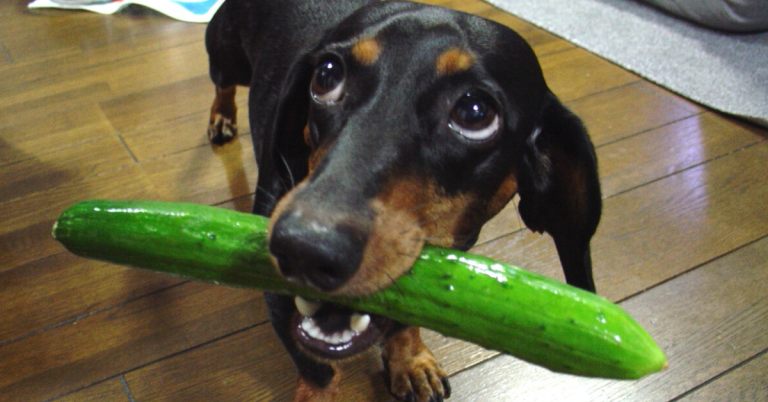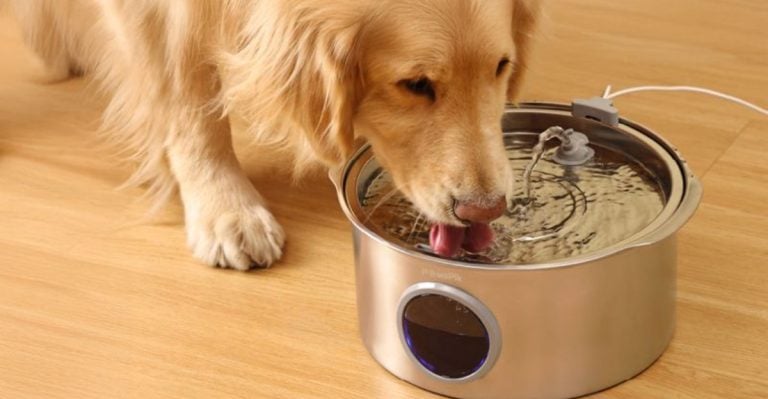15 Tips For Safeguarding Your Dog From Health Problems

Your dog relies on you for love, but most importantly, good health. Staying ahead of potential health risks isn’t always easy, though. However, if you just establish a few simple habits in your dog’s daily routine, it can significantly impact their life. Here are 15 practical ways to keep your pup thriving.
Fuel With The Right Food

Did you know that they may contain cheap fillers and artificial ingredients? It’s important to opt for high-quality kibble or fresh meals with protein and essential vitamins. A well-balanced diet strengthens immunity and keeps your dog’s coat stunning.
Keep Those Paws Moving
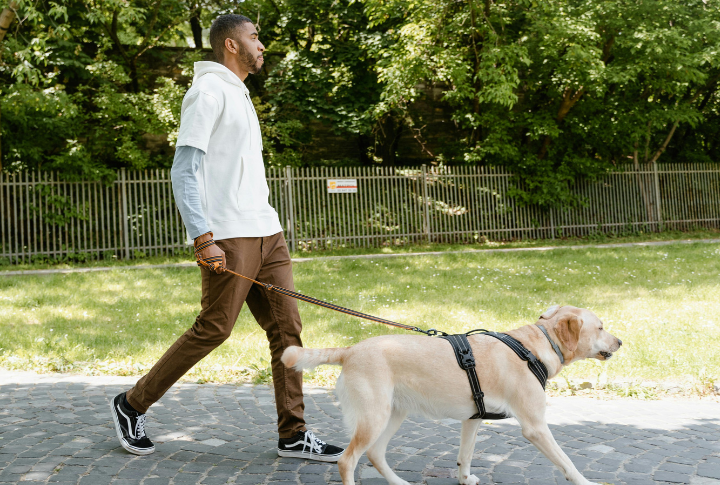
Daily exercise plays a major role in your dog’s physical health. Regular walks and active games help maintain a healthy weight. It also builds strong muscles, supports cardiovascular health, and boosts joint flexibility in your dog.
Play It Safe With Exercise
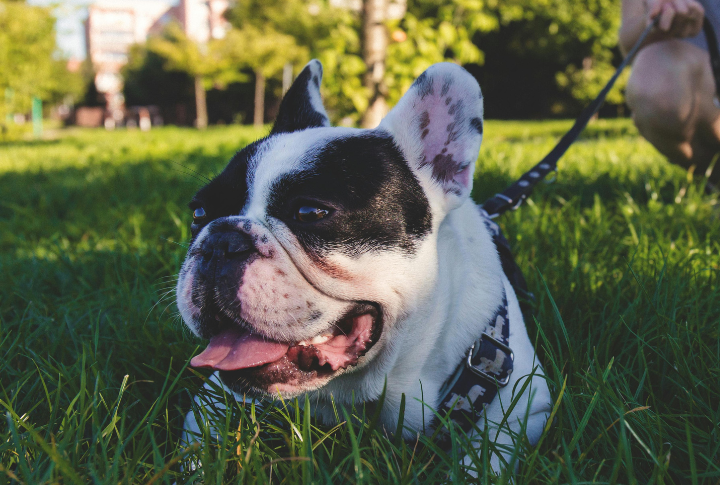
Not every dog is built for intense workouts. A Chihuahua shouldn’t run a marathon, and a bulldog needs extra breaks in the heat. Adapt activities to your dog’s age, breed, and health status to prevent strain or injuries.
Vet Visits Aren’t Optional
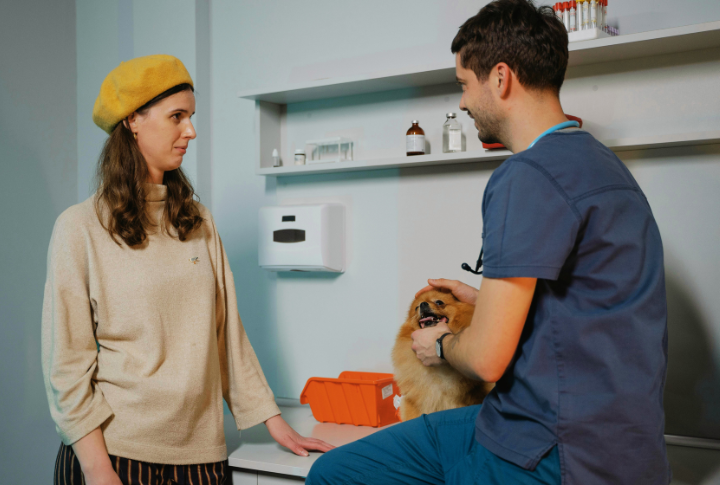
Your dog may seem fine, but hidden health problems can creep up silently. Routine check-ups catch issues early, from dental disease to organ troubles. Schedule at least one annual vet visit—and more if your pup is a senior or has existing conditions.
Stay On Top Of Vaccinations
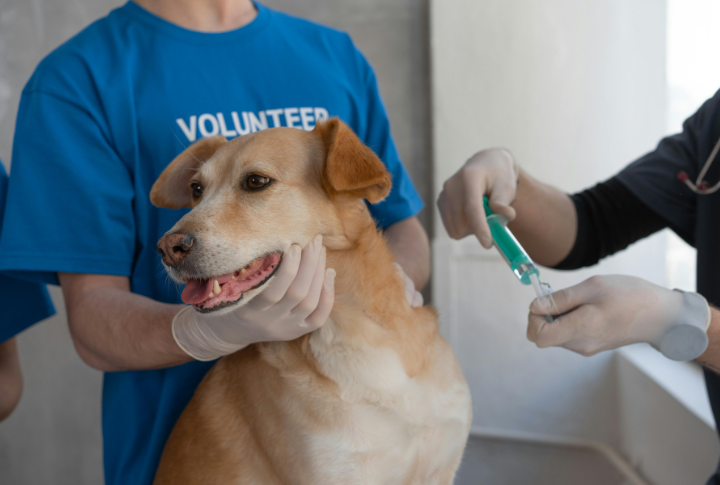
Rabies, parvo, distemper—these are genuine threats. Following your vet’s vaccination schedule protects your dog from life-threatening diseases. A simple shot today could mean years of extra tail wags.
Prioritize Dental Care

That foul dog breath? It’s more than a nuisance. Neglecting dental care can lead to painful gum infections and even heart issues. A quick brush or a splash of vet-approved rinse in the water bowl can keep those pearly whites strong and your pup smiling.
Prevent Parasites Before They Strike
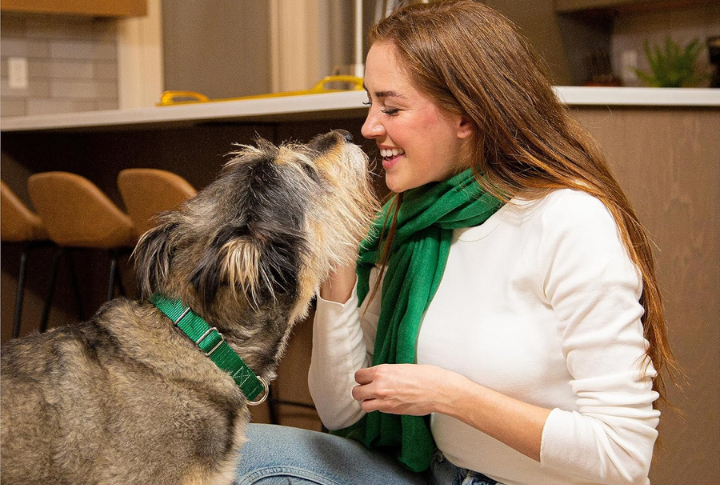
Monthly preventatives keep fleas, ticks, heartworms, and intestinal worms from turning your dog into an all-you-can-eat buffet. A simple pill or topical treatment stops serious illnesses before they begin. It’s far easier than battling an infestation once these tiny invaders take over.
Grooming Is More Than Looking Good
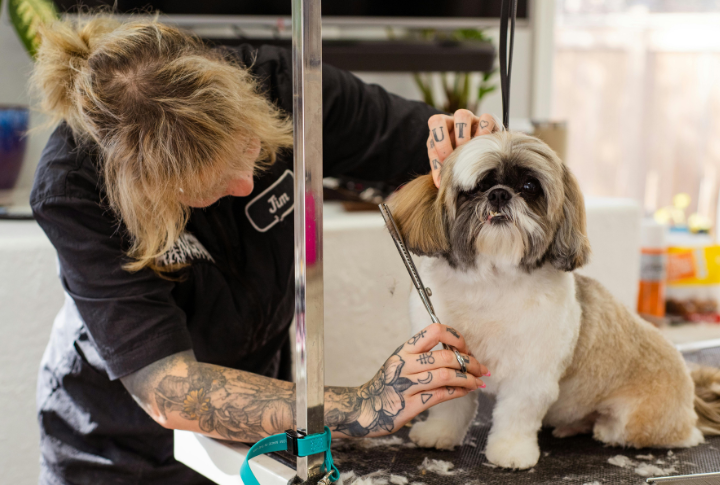
A regular bath and brushing session keeps your dog smelling fresher than ever. Grooming removes dirt, dead hair, hidden parasites, and excess oils. Plus, it allows you to spot unusual lumps or injuries before they escalate.
Watch That Waistline

A fit pup is healthier, energetic, playful, and eager for adventure. Extra weight can lead to serious issues like arthritis and heart disease. Keep portions balanced, treat them in check, and exercise as a daily priority to help your dog stay strong and happy.
Keep The Brain Busy
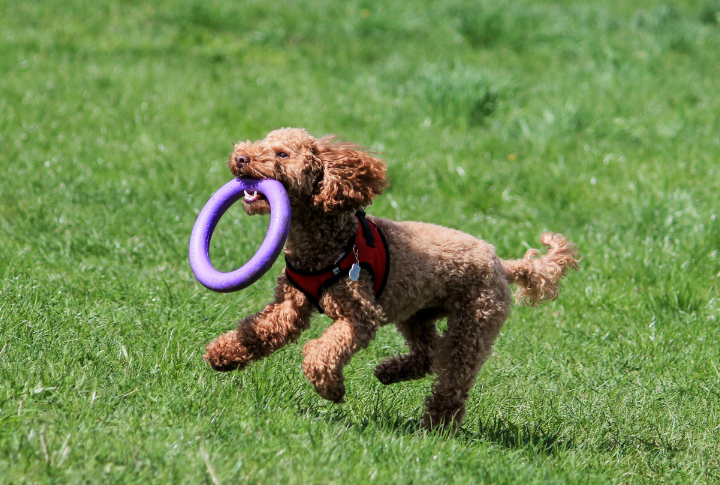
A dog that is mentally stimulated is a happy dog. Puzzle toys, scent games, trick training, hide-and-seek, and more keep boredom at bay, which reduces destructive behaviors. Give your dog a job, even if it’s just “find the treat,” and watch their confidence soar.
A Clean Home Equals A Healthy Pup
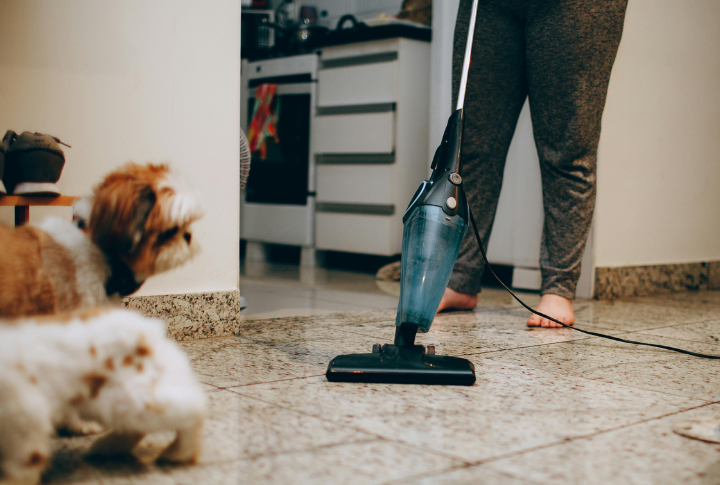
A clean space is necessary. Dirty bedding and dust-laden floors invite infections. Keep things fresh by washing linens, wiping surfaces, vacuuming fur-heavy spots, and scrubbing toys. A tidy home cuts health risks and keeps your pup feeling its best.
Dangerous Foods? Off Limits!
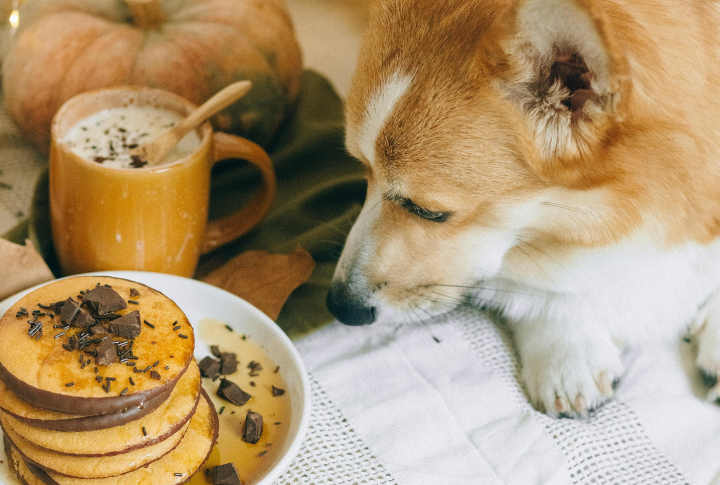
One chocolate chip, a single grape—it doesn’t take much to make a dog sick. Keep toxic foods like onions, avocados, macadamia nuts, and xylitol-sweetened snacks far out of reach. If in doubt, check with your vet before sharing your dinner.
Socialization Saves Sanity
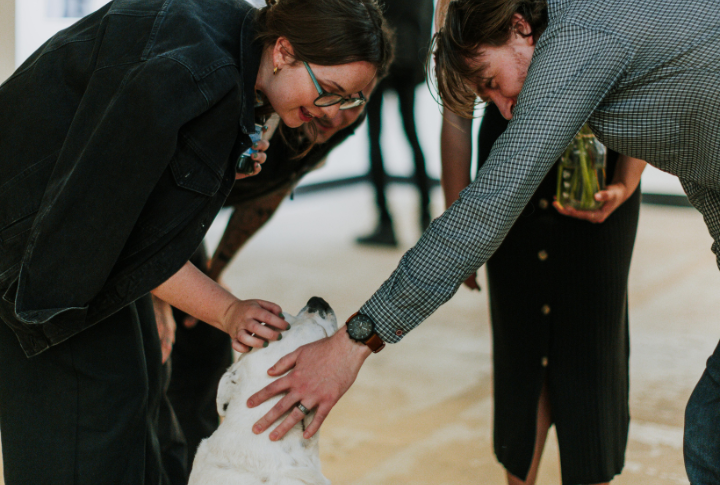
Early exposure to people and new environments shapes a confident, easygoing dog. A pup who meets the world head-on is less likely to develop fear-based behaviors. Exploring new places makes for a well-adjusted companion who thrives in any situation.
Know The Warning Signs

Lethargy, vomiting, loss of appetite—your dog can’t tell you when something’s wrong, but their body will. Pay attention to sudden changes in behavior or energy levels. The faster you act, the better the chances of a full recovery.
Hydration Matters
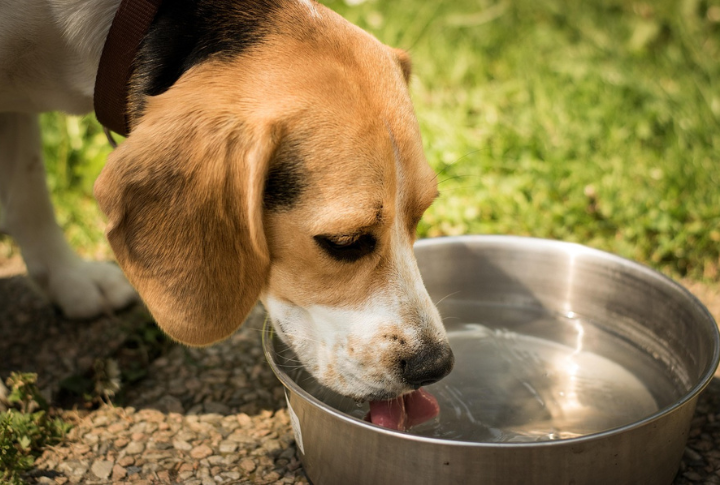
Thirsty dogs are not happy dogs. Without enough water, dehydration can zap their energy and cause overheating. In adverse cases, it could lead to kidney trouble, too. Keep a fresh bowl filled, especially after playtime or meals.




